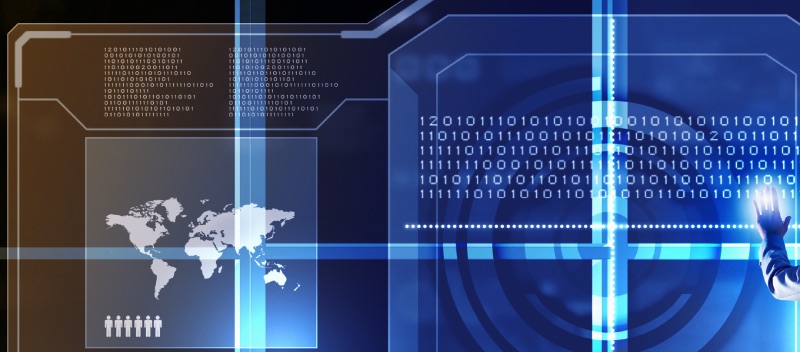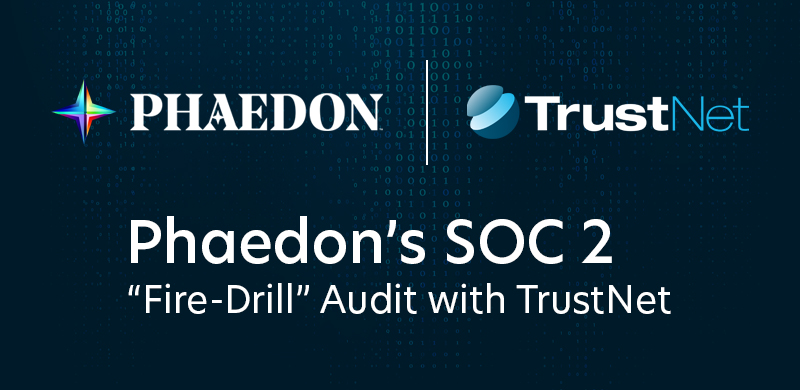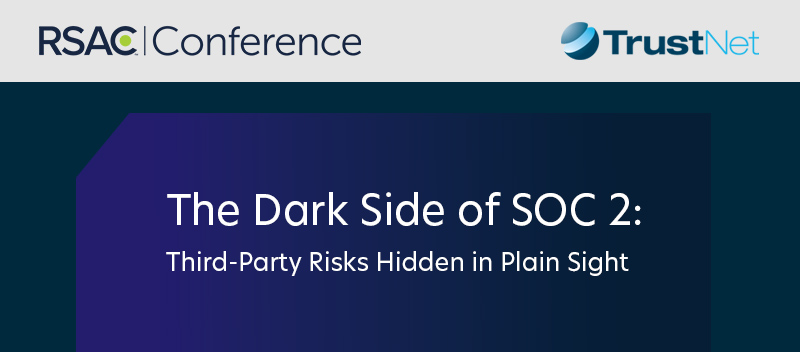
In today’s global business milieu where reliance on technology is increasingly prevalent, companies in all industries must protect their digital security. Gaining ISO 27001 certification verifies that these steps have been taken to safeguard internal systems and information as well as customer data. It also assists businesses in assessing the strengths and weaknesses of their security practices to facilitate the creation and implementation of mitigation strategies and incident response protocols.
What is ISO 27001?
In 2006, the International Organization for Standardization (ISO), came up with a set of standards designed to assist companies with the security of their digital systems and data. ISO is a global entity that gathers and oversees the standards and guidelines that pertain to various industries. The most recent update to the framework, which is also owned by the International Electrotechnical Commission (IEC), occurred in 2013.
ISO 27001 is divided into 12 separate sections:
- Introduction. Outlines the importance of information security and risk management
- Covers the security requirements that all organizations seeking certification must meet
- Describes ISO 27000 and how it differs from the currently accepted standards
- Provides definitions of terms
- Sets forth an organizational overview specifying what stakeholders need to be involved in creating and maintaining the information security management system (ISMS)
- Describes who the organization’s leaders are and how they will comply with ISMS procedures
- Outlines the organization’s risk management plan
- Describes security awareness training and delegation of responsibilities
- Discusses how risk management and documentation will be conducted
- Specifies how the performance of the ISMS will be monitored and measured
- Discusses how improvements and upgrades will be implemented on an ongoing basis
- Details the elements of recent ISMS audits.
During compliance checks, security controls will be evaluated and documented. These include:
- security policies
- the organizational delegation of security tasks
- asset and access control management
- human resources
- cryptography communications
- physical security
- systems management
- supplier relationships
- incident management
- continuity issues
- industry compliance.
When Do You Need ISO 27001 Certification?
After determining what is ISO 27001, this is the next logical question to ask. Even if they have not instituted a set of compliance guidelines, information security teams in virtually all stable organizations understand the importance of implementing controls to manage information security in this era of sabotage and data breach.
However, without a set of standards to assist with controls and management, these measures can often be imposed randomly to solve a particular problem, leaving many critical areas vulnerable. Certification for this standard involves formalizing and structuring the security process through the mandating of specific requirements that cover the entire scope of the company’s ISMS.
What is an ISO 27001 certified company? In short, it is a business that can demonstrate that its management provides the following:
- Regularly examines the company’s ISMS, focusing on the threat landscape, digital vulnerabilities, and the impacts they have on the organization
- Creates and puts in place comprehensive information security controls to prioritize and address risks
- Implements processes, practices, and procedures to ensure that information security controls are followed and continue to align with the organization’s business needs. After all, what is ISO 27001 certified if the company’s focus has altered so much that the data is no longer relevant?
If your organization stores, manages or transmits internal or customer data, undergoing an ISO 27001 certification process regularly is one of the best ways to safeguard your digital assets. Certification is not only cost-effective; it also provides objective validation to your customers, investors, and other stakeholders that you take information security seriously and are implementing the procedures and controls to prove it.
Conclusion
Throughout the world, security teams look to ISO 27001 as the international standard for information security management. Complying with these guidelines demonstrates to investors, partners, and customers that a corporation has made a clear commitment to ensuring that its digital systems and assets are protected. In many sectors, certification can assist in adhering to external industry standards and can furnish companies with an advantage over competitors who are lax in their due diligence.




